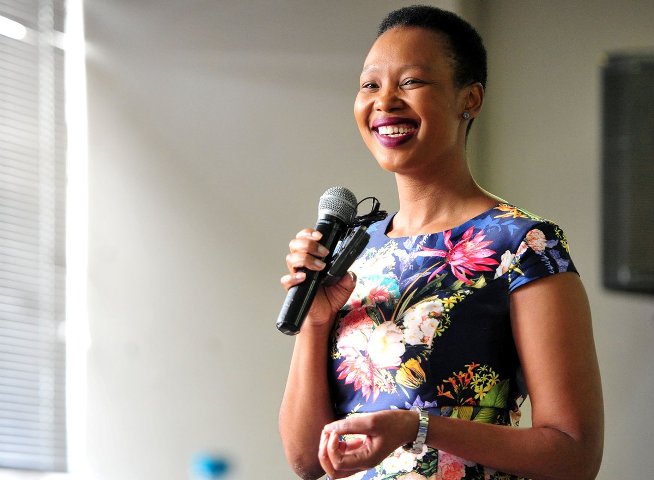Stella Ndabeni Backs President’s Bold Economic Transformation Plan to Foster Inclusive Growth and Job Creation
“The transformation fund is a strategic tool to fund black-owned and small business enterprises, thereby fostering economic participation from all sectors of society,” Ndabeni stated.

- Country:
- South Africa
Small Business Development Minister Stella Ndabeni has voiced strong support for the economic transformation initiatives unveiled by President Cyril Ramaphosa, aimed at building an inclusive economy that generates opportunities for historically marginalized communities and stimulates job creation.
In his recent State of the Nation Address (SONA), President Ramaphosa emphasized the urgent need to elevate South Africa’s economic growth rate to over 3% and create a thriving economy that benefits all citizens. Minister Ndabeni, addressing Parliament during the SONA Debate, highlighted that “there is no way we can achieve the national consensus with an economy that excludes the majority. The social contract that we want to craft should contribute towards reconstructing our economy to achieve more growth, jobs, and inclusion.”
She stressed the importance of focusing on communities in townships and rural areas, particularly youth and women, to ensure that economic growth reaches those who have historically been left behind.
R20 Billion Innovation and Transformation Funds
To drive this vision, the government will establish an innovation fund and a transformation fund, each valued at R20 billion per year over the next five years. These funds will serve as catalysts to attract additional investments and provide significant financial support to Micro, Small, and Medium Enterprises (MSMEs).
“The transformation fund is a strategic tool to fund black-owned and small business enterprises, thereby fostering economic participation from all sectors of society,” Ndabeni stated.
Land Redistribution as a Pillar of Transformation
Ndabeni underscored that land redistribution remains a fundamental pillar of South Africa’s economic transformation. She emphasized that sustainable land reform must be accompanied by policies that equip small-scale and emerging farmers with the necessary resources and skills for success.
“Economic transformation also requires a competitive and efficient market, free from the monopolistic constraints of colonial capitalism,” she noted. The Minister expressed strong support for the signed Land Expropriation Act, which enables the State to expropriate land in the public interest with just and equitable compensation.
Infrastructure Investments and Public Procurement Reforms
Highlighting further government initiatives, Ndabeni welcomed the announcement that R940 billion will be allocated to infrastructure projects over the next three years. She anticipates the finalization of regulations under the Public Procurement Act, which will drive transformation, encourage new market entrants, and promote the participation of small enterprises.
These regulations will ensure equitable opportunities in government contracts for businesses owned by women, youth, and persons with disabilities.
Empowering MSMEs Through Financial Support and Digital Innovation
Ndabeni outlined the various instruments her department offers to support MSMEs and co-operatives, including wholesale finance, direct loans, blended finance, working capital, and grants. Partnerships with financial institutions have proven effective, with the department’s credit and supplier guarantee products leveraging R6.25 in financing for every rand guaranteed.
The Minister also highlighted the digitalization of systems at the Small Enterprise Development and Finance Agency (SEDFA), which will streamline processes and improve accountability. Applications for the Township and Rural Enterprise Programme (TREP) will now be processed within seven days, and purchase order financing within four days.
Ambitious Targets and Industry Engagements
Ndabeni revealed an ambitious target of creating one million new MSMEs by 2030, expected to generate 3.7 million jobs based on current averages. To achieve this, the department is engaging various industries to understand market demands and trade pathways.
“We have engaged sectors like automotive, wine, and fishing, and will soon extend to agriculture, construction, energy, petroleum, sports, and arts. Identifying skills gaps within MSMEs, we will collaborate with Deans of Commerce nationwide to ensure curricula meet market needs,” she said.
Partnerships with Traditional Leaders and Business Associations
The Minister emphasized the importance of involving traditional leadership and organized business associations in driving economic transformation.
“We are exploring ways to make people in township and village economies true owners and drivers of this R300 billion economy,” Ndabeni concluded.
Through these comprehensive initiatives, the government aims to foster a dynamic, inclusive economy that reflects South Africa’s natural resources and the innovation of its people, ensuring sustainable growth and equitable opportunities for all.










